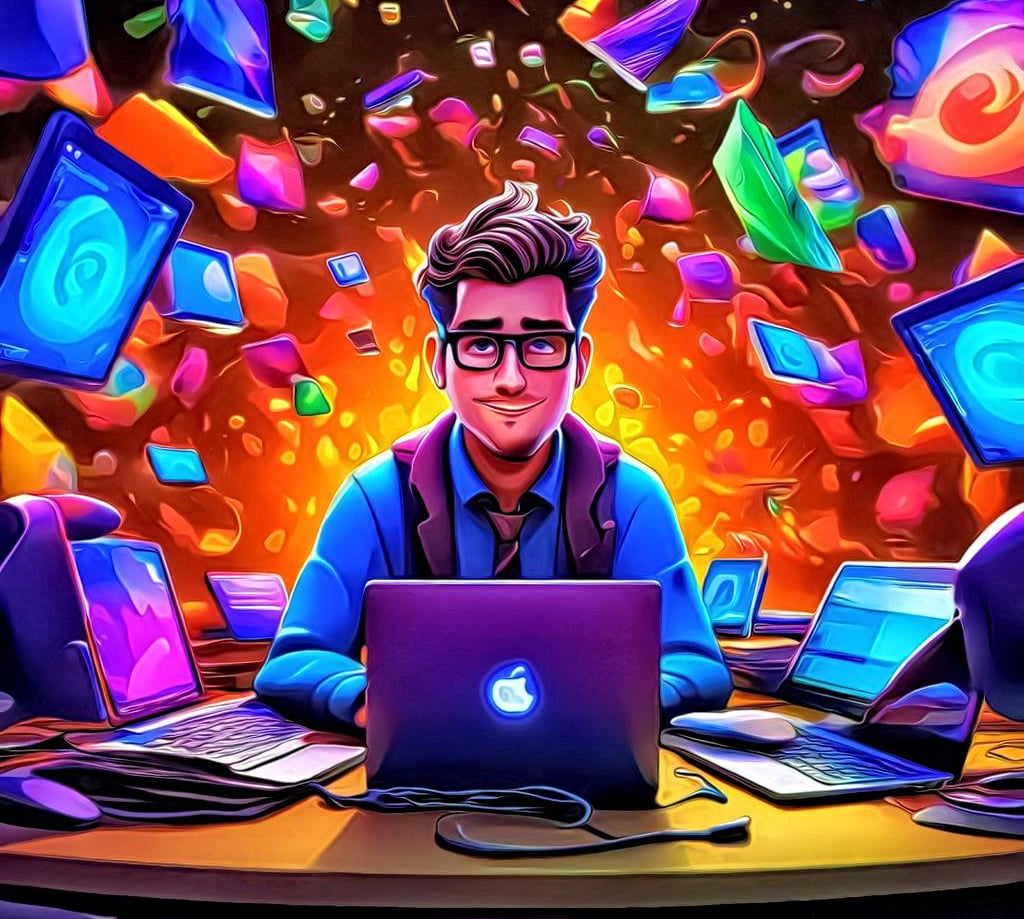
The realm of artificial intelligence continues to transform at an unprecedented pace. Conversational AI, a subset of this dynamic field, is particularly captivating due to its potential to replicate human-like dialogue. At the forefront of this revolution stands ChatGPT, a powerful language model developed by OpenAI. This advanced AI tool has captured the imagination of developers and people alike with its astonishing skill to understand and generate human language with unexpected accuracy.
- OpenAI's
- potential
- span
Beyond ChatGPT, a vibrant ecosystem of conversational AI technologies is taking shape. From virtual aides to chatbots designed for customer service and education, these innovations are disrupting the way we interact with machines.
ChatGPT vs. vs. The World: Exploring AI Chatbot Capabilities
The realm of artificial intelligence is revolutionizing the way we communicate check here with technology. Leading of this transformation is ChatGPT, a powerful language model developed by OpenAI. Its ability to generate human-like text has attracted widespread attention and sparked a discussion about the future of AI chatbots. Despite this, ChatGPT is not alone in the field.
A expanding ecosystem of AI chatbots continuously develops to challenge ChatGPT's dominance. These alternatives provide distinct features and capabilities, covering from specialized fields to enhanced conversational approaches. The battle between ChatGPT and the rest of the AI chatbot world is escalating, indicating a future where AI-powered conversations become even more sophisticated.
- Understanding user intent with precision
- Generating creative and interesting text
- Tailoring responses to specific users
- Integrating with other applications
Delving into the Power of Generative AI: ChatGPT's Impact on Communication
Generative AI technologies, particularly large language models like ChatGPT, are altering the landscape of communication. ChatGPT's capacity to generate human-like text in a conversational manner has opened up numerous of applications across diverse fields. From streamlining customer service interactions to augmenting creative writing processes, ChatGPT is swiftly becoming an essential tool for individuals and organizations alike.
One benefit of ChatGPT lies in its capability to personalize communication experiences. By interpreting user input, ChatGPT can generate replies that are applicable to the individual's needs and context. This level of personalization can foster stronger connections and elevate overall satisfaction.
Another remarkable impact of ChatGPT is its ability to make accessible communication. By providing a user-friendly interface, ChatGPT overcomes the technical barriers that often hinder individuals from expressing themselves effectively. Thiscan be particularly beneficial for people with challenges who may encounter obstacles with traditional communication methods.
As the continued development and refinement of generative AI technologies like ChatGPT, we can expect even more transformative changes in the way we interact.

The Rise of AI Assistants: How ChatGPT is Shaping Our Interactions
AI assistants are revolutionizing the way we interact with technology. ChatGPT, a leading example in this field, has demonstrated its ability to produce human-like text, making it a powerful tool for a wide range of applications. From customer service to education, ChatGPT is modifying how we live.
Its sophisticated natural language processing capabilities allow it to interpret user requests and provide relevant and informative responses. This has led to increased effectiveness in various sectors, freeing up human resources for more creative tasks.
However, the rise of AI assistants also raises ethical considerations that need to be carefully addressed. It's crucial to ensure responsible development and deployment of these technologies to mitigate potential biases and protect user privacy.
Despite these challenges, ChatGPT's effect on our interactions is undeniable. As AI technology continues to evolve, we can expect even more revolutionary applications that will further define the way we interact with the world around us.
Meet ChatGPT: The Ultimate AI Writing Assistant
In the rapidly evolving world of artificial intelligence, conversational AI are becoming increasingly sophisticated. Among these, ChatGPT stands out as a groundbreaking tool capable of generating human-quality text across a wide range of applications. This versatile software can be your personal AI companion for tasks such as writing stories, summarizing documents, translating languages, and much more.
Powered by the latest advancements in deep learning, ChatGPT interprets your input and generates coherent and contextually relevant responses. Its vast knowledge base and skill to learn from massive datasets allow it to produce creative content that meets your specific needs.
If you're a student needing help with writing assignments, a professional wanting to streamline your workflow, or simply eager to explore the potential of AI, ChatGPT is an invaluable resource.
- Discover the power of AI-generated text.
- Improve your writing productivity and creativity.
- Access a versatile tool for various applications.
Ethical Considerations in AI Chat
As AI chat technology rapidly evolves, it offers a myriad of ethical considerations that demand careful evaluation. Researchers must endeavor to build AI systems that are not only sophisticated but also moral. Key issues include discrimination in training data, the potential of exploitation, and the effect on human relations. It is vital to define clear ethical guidelines for the development and deployment of AI chat to ensure a outlook where this technology improves society in a substantial way.
- Accountability in AI decision-making processes is paramount to building trust and understanding.
- Data protection concerns must be tackled rigorously to protect sensitive information.
- Partnership between AI researchers, ethicists, policymakers, and the public is essential for shaping the ethical trajectory of AI chat technology.